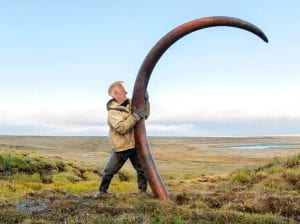“You can’t tell a book by its cover.” But, we do – all the time. The cover is super-important and is the first contact with the book when you pick it up. Covers signal genre, but the good ones do more than that. They give face to a book’s personality. They create excitement and anticipation. A cover has the power to communicate the book’s genre, tone, and theme, as well as to pique the reader’s interest. A well-designed cover can also make a book stand out in a crowded marketplace, and can help to establish the author’s brand. A book’s cover and its content should be inextricably linked.
Here’s the reaction to the cover of MUTINY from my middle daughter (age 47) yesterday:
- She picks up the book and looks at the cover, commenting, “I love the color” and “it looks really interesting.”
- She reads the back cover and adds, “So, the outcome shocks everyone. I want to know more.”
So, she’s hooked. Meanwhile, my cover designer has changed the spine width to make it fit better. But this led to another issue – the title is too close to the margins. So, I need to wait for the revised cover before uploading it to Amazon for the final version. Once this is done I can order more copies for the book launch :-).
Despite this setback of a few days, the Kindle orders are coming in from readers keen to get a head-start on MUTINY.
Just another exciting day in the life of a self-published author.

 ” When I get an idea I just start writing,” says Ascension author Nicholas Binge. “I’m such a discovery writer, I have no idea where I’m going with it.”
” When I get an idea I just start writing,” says Ascension author Nicholas Binge. “I’m such a discovery writer, I have no idea where I’m going with it.” “It’s so simple to let rejections take their toll, but we have to keep dusting ourselves off. After all, if you keep your work to yourself, your chance of anyone liking it is nil, whereas submitting could lead to something great. I’ll take slim odds over none any day of the week. And if you are professional and send your materials to enough people, hopefully you’ll be lucky enough to find the person who loves your work as much as you do!”
“It’s so simple to let rejections take their toll, but we have to keep dusting ourselves off. After all, if you keep your work to yourself, your chance of anyone liking it is nil, whereas submitting could lead to something great. I’ll take slim odds over none any day of the week. And if you are professional and send your materials to enough people, hopefully you’ll be lucky enough to find the person who loves your work as much as you do!”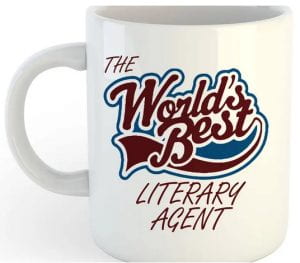 I had to laugh when I made this new post. Why? because, I don’t yet have a literary agent for my new thriller. However, I worked closely with a publishing editor (MacMillan’s) and enjoyed this list—edited from an article by Nathan Bransford (link
I had to laugh when I made this new post. Why? because, I don’t yet have a literary agent for my new thriller. However, I worked closely with a publishing editor (MacMillan’s) and enjoyed this list—edited from an article by Nathan Bransford (link 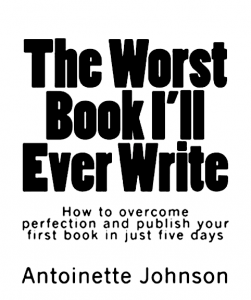 Don’t you love this book title? I remember reading somewhere that an author’s first book is ‘always their worst’. I loathed that thought and was determined to disprove it. Yet, the final draft of my first book was so rough that I had to completely re-edit and improve it.
Don’t you love this book title? I remember reading somewhere that an author’s first book is ‘always their worst’. I loathed that thought and was determined to disprove it. Yet, the final draft of my first book was so rough that I had to completely re-edit and improve it.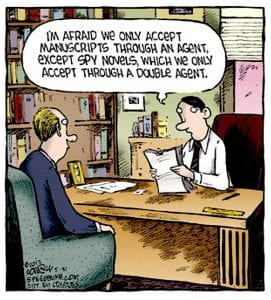

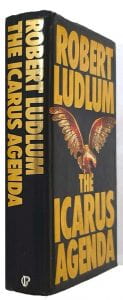 Nothing counts like word counts. As a general rule, I am against generalities about word counts. But publishers and, more critically, the readers are not—they have preferences and expectations which we, as writers, would be fools to ignore!
Nothing counts like word counts. As a general rule, I am against generalities about word counts. But publishers and, more critically, the readers are not—they have preferences and expectations which we, as writers, would be fools to ignore!